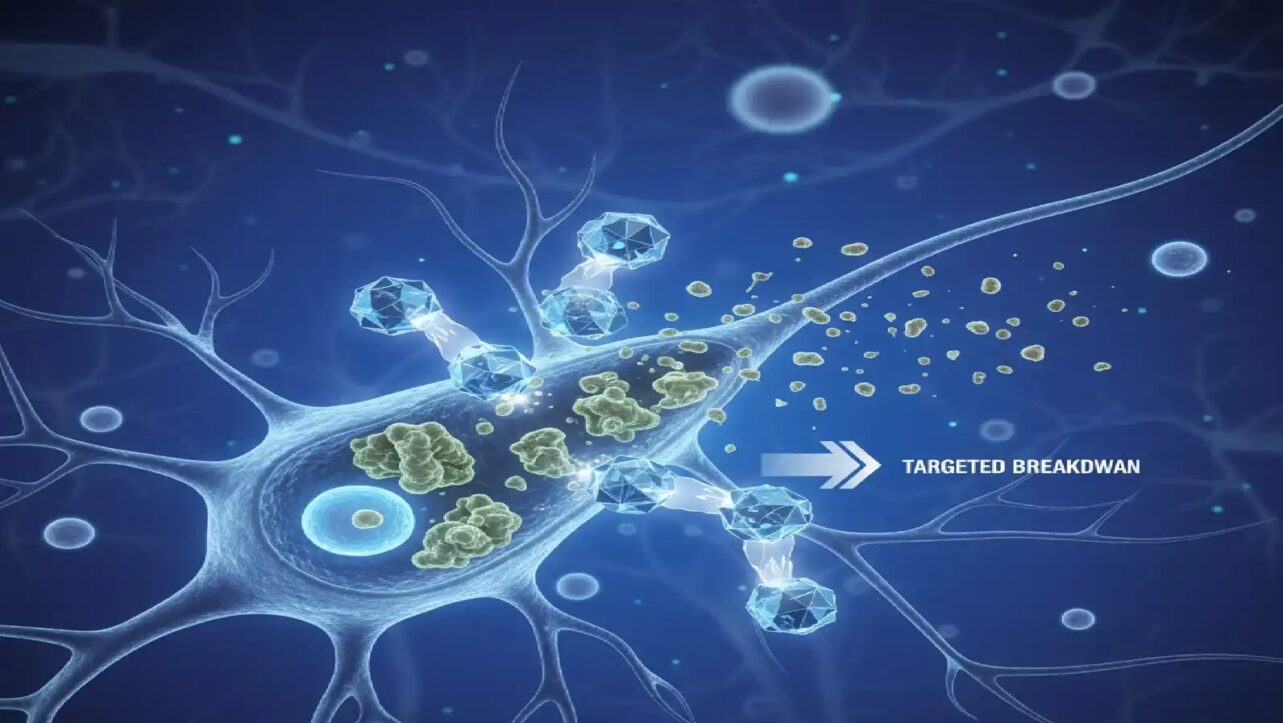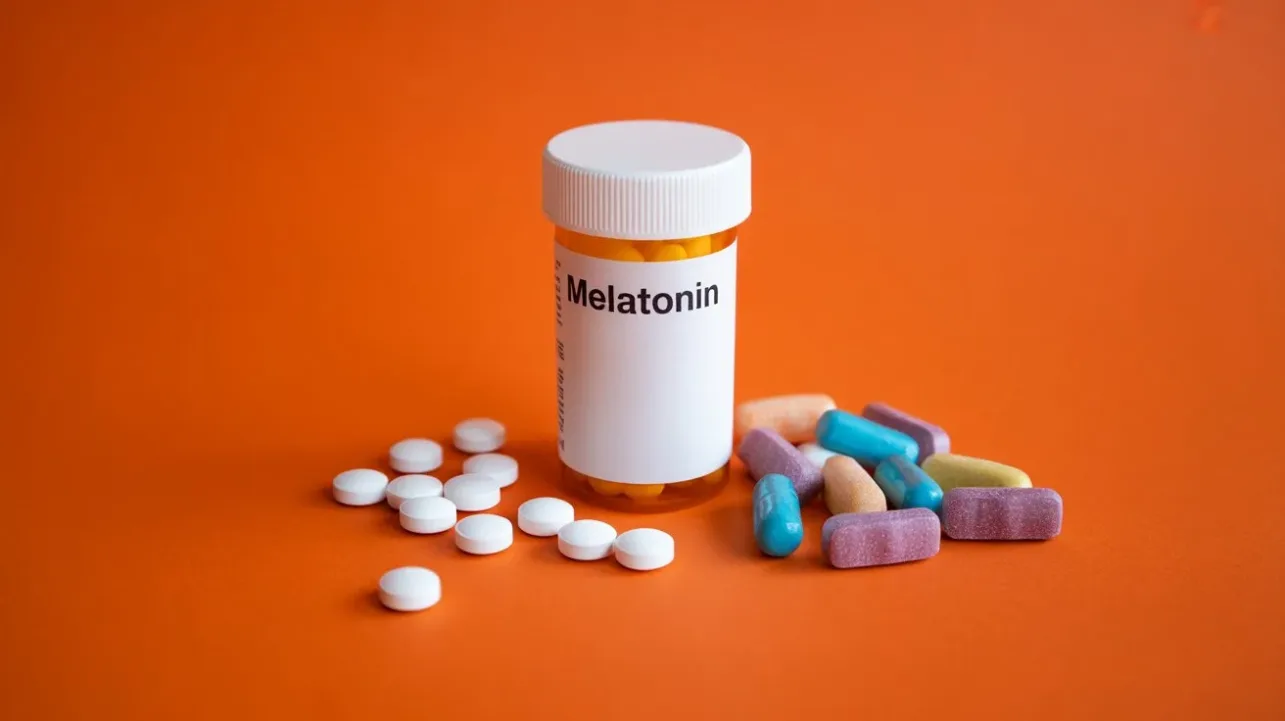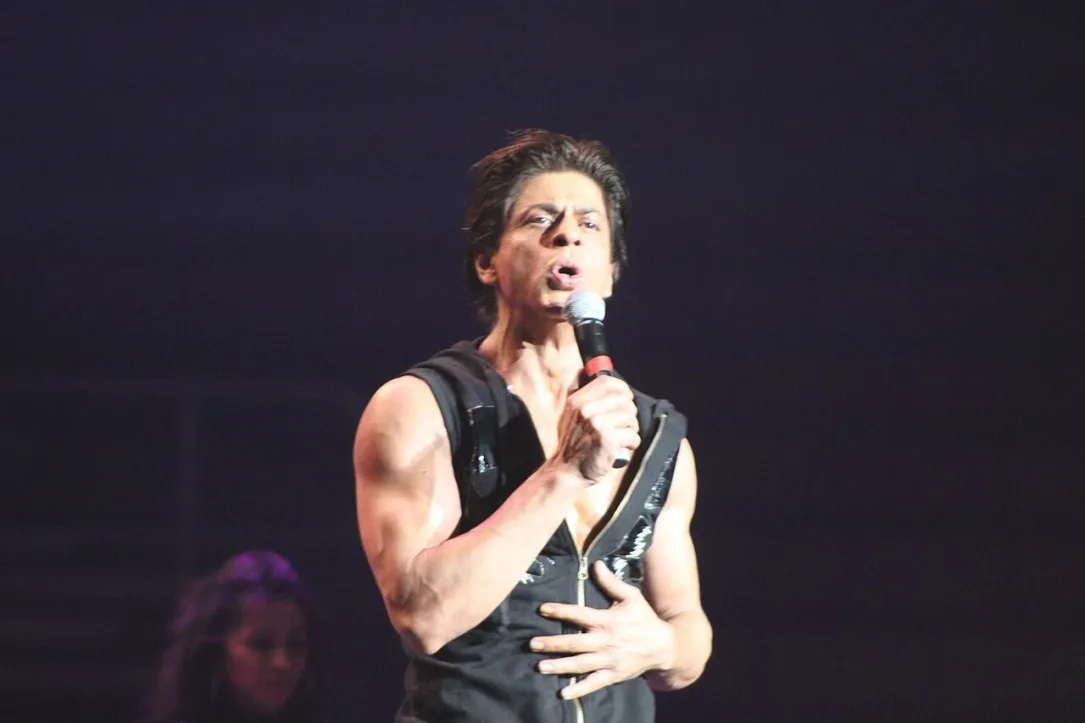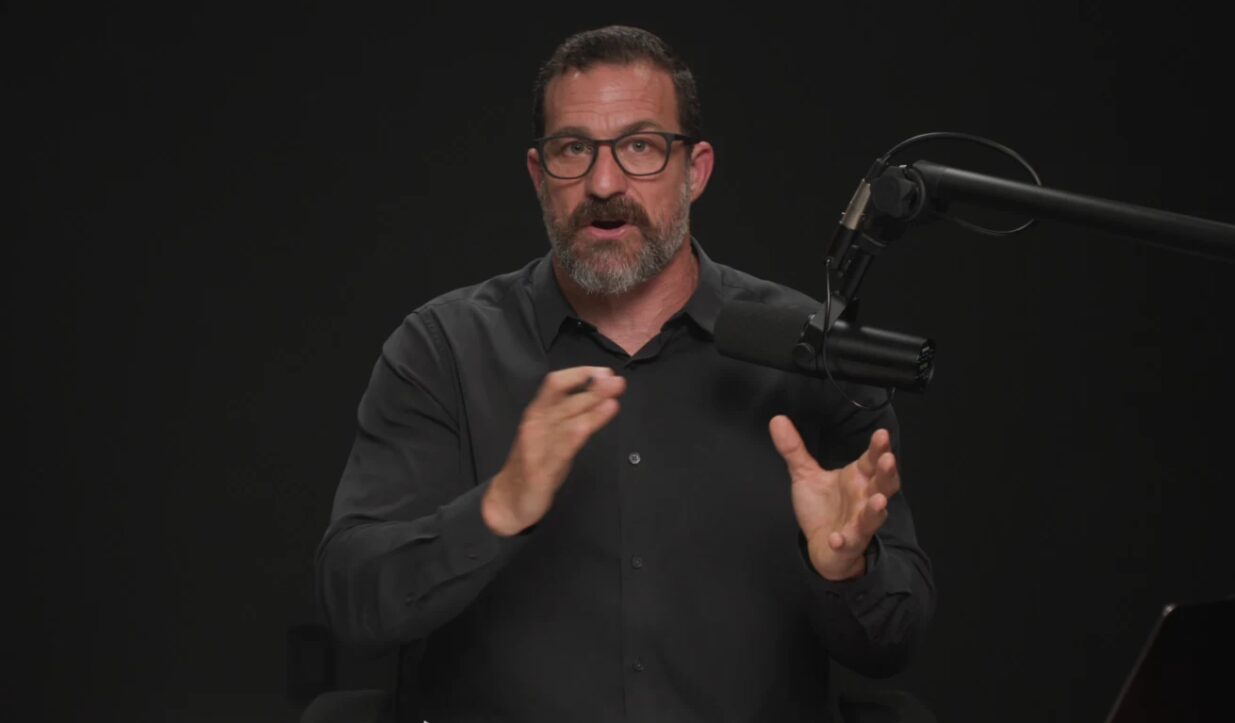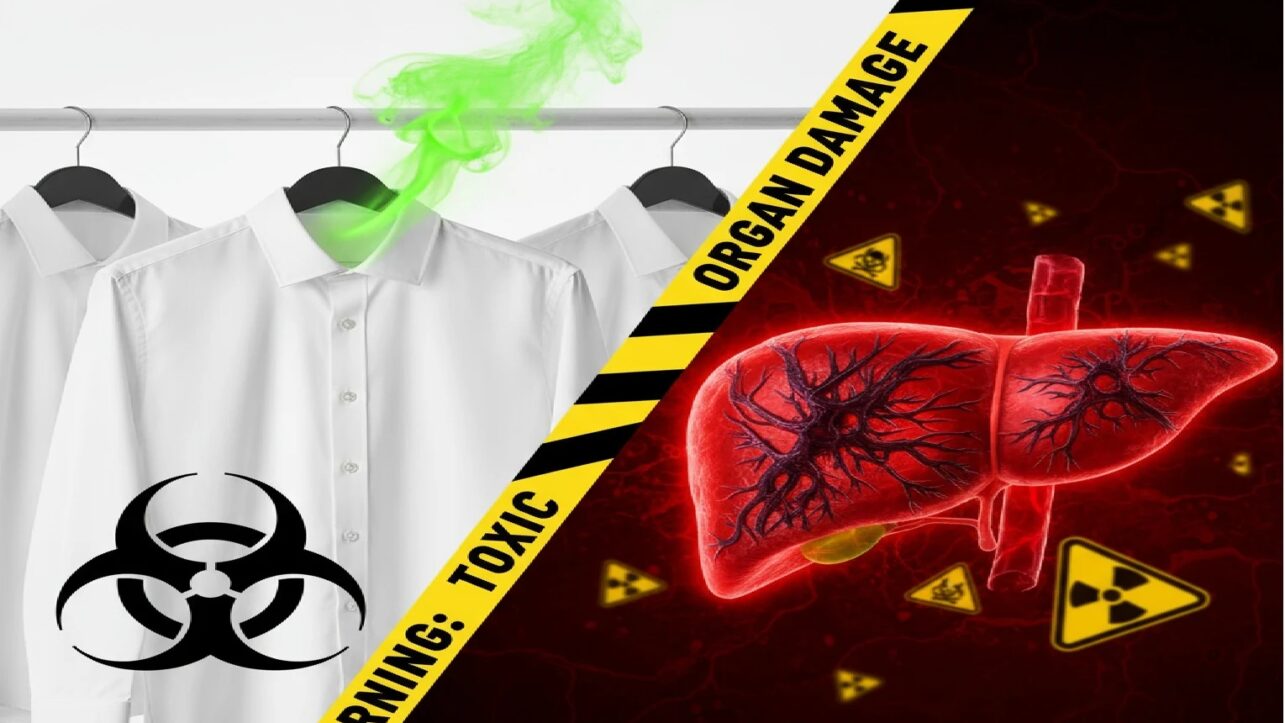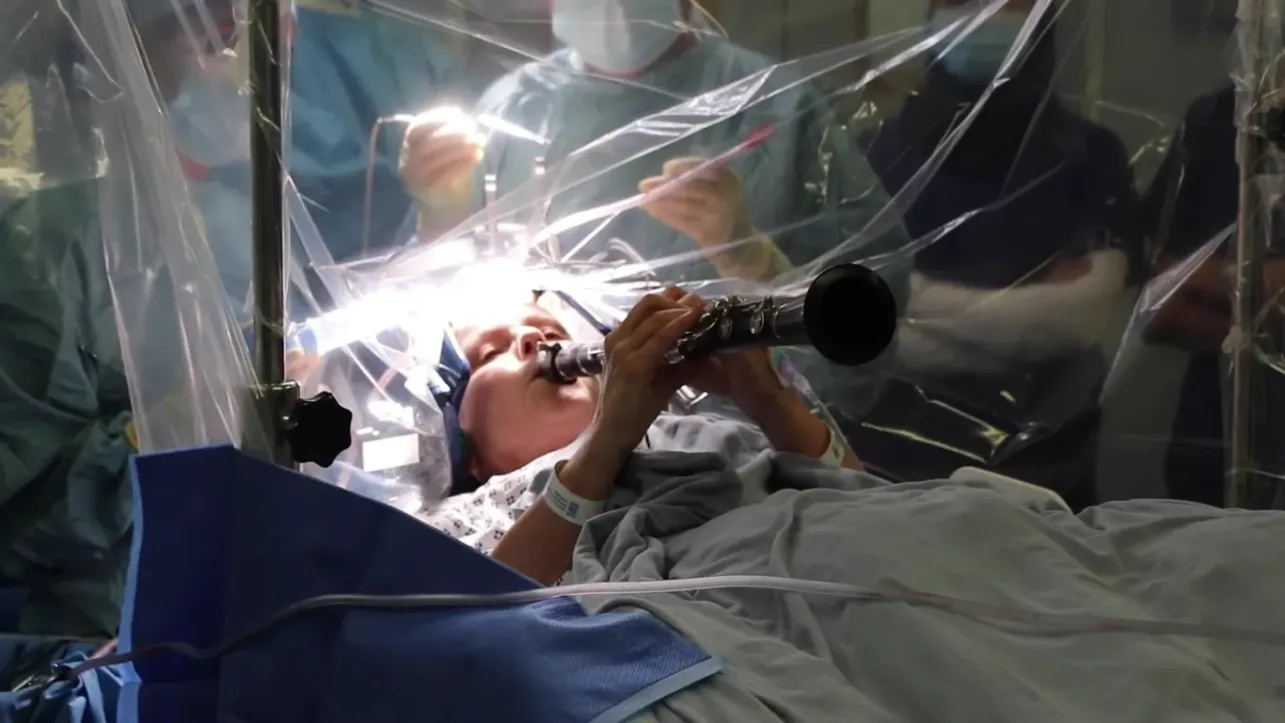Bodybuilding icon Arnold Schwarzenegger has revealed a major dietary shift, cutting back significantly on protein shakes and adopting a roughly 70 percent plant-based diet to protect his heart health, marking a dramatic departure from the meat-heavy regimen that fueled his Mr. Olympia championships.
The 78-year-old actor and former California Governor opened up about his nutrition evolution in a recent interview with Business Insider, explaining that he no longer relies on the protein drinks that once defined his bodybuilding lifestyle. “I used to drink, for instance, protein drinks, but I don’t do that that much,” Schwarzenegger stated. “I just think that I eat really well and I stay healthy this way“.
From Five-Hour Workouts to Heart-Healthy Moderation
Schwarzenegger, who won Mr. Universe five times and Mr. Olympia seven times through grueling five-hour daily training sessions, now exercises for about 90 minutes most days. This shift reflects his focus on longevity and cardiovascular health rather than maximum muscle mass. As Chief Movement Officer at medical technology company Zimmer Biomet, he acknowledged having to ‘work around injuries’ accumulated over 60 years of intense physical training.
The dietary transformation came on doctors’ orders after Schwarzenegger’s cholesterol levels began climbing and blood pressure required monitoring. “You get away with this s— for so long and eventually it starts backfiring,” he admitted, referring to his former meat-centric approach. Having endured multiple open-heart surgeries in the past, the Austrian-born star made heart-healthy eating his top priority.
Schwarzenegger’s heart health concerns mirror a troubling trend in the bodybuilding community—India’s first vegetarian bodybuilder Varinder Ghuman recently died of cardiac arrest at age 42 during a routine shoulder surgery, highlighting the cardiovascular risks even plant-based athletes face.
What Schwarzenegger Eats Daily
Schwarzenegger’s current diet centers on simple, nutrient-dense whole foods rather than supplements. For breakfast, he typically consumes oatmeal or Greek yogurt topped with berries and granola—options that provide between 6 to 17 grams of protein per serving. He sometimes shifts this protein-packed meal to later in the day for a brunch-style approach.
Dinner consists of light, heart-healthy dishes like vegetable soups and cucumber salads, which he drizzles with Austrian pumpkin seed oil. These vegetable-packed meals are high in fiber, while pumpkin seed oil has been shown to help lower blood pressure by promoting blood vessel expansion.
Despite his commitment to plant-based eating, Schwarzenegger clarified he’s not a strict vegan. “That doesn’t mean that I’ve cut out the wiener schnitzel or a steak every so often,” he explained, noting that he indulges “every so often once a month maybe” with a steak at home. When traveling, he eats whatever he likes—on a recent European trip, he enjoyed wiener schnitzel in Germany and pasta in Italy—then compensates by spending more time at the gym or on his bicycle.

Image Credits :Jack O’Quinn, CC BY-SA 2.0
via Wikimedia Commons
The Science Behind Plant-Based Heart Protection
Schwarzenegger’s dietary shift aligns with mounting scientific evidence supporting plant-based nutrition for cardiovascular health. A 2025 study presented at the American College of Cardiology’s Annual Scientific Session found that people with cardiometabolic disorders—including obesity, diabetes, and heart disease—who adopted healthy plant-based diets had significantly lower risks of total mortality, cardiovascular death, and cancer mortality.
“Among populations with cardiometabolic disorders, higher adherence to a healthful plant-based diet was significantly associated with a lower risk of total, cardiovascular and cancer mortality,” explained Dr. Zhangling Chen, the study’s lead author from Central South University in China. The research emphasized that increasing healthy plant-based foods while reducing both unhealthy plant foods and animal products are all important factors.
Plant-based diets demonstrate multiple cardiovascular benefits through various mechanisms. The high fiber content helps reduce cholesterol levels, while abundant potassium and magnesium regulate blood pressure. Additionally, anti-inflammatory properties of plant foods contribute to improved endothelial function and reduced arterial stiffness. Research indicates these dietary patterns can lower blood pressure, improve lipid profiles, and reduce the risk of coronary artery disease.
Beyond heart health, plant-based diets show promise for diabetes prevention and management, with studies indicating they can reduce type 2 diabetes risk by up to 34 percent through improved insulin sensitivity and blood sugar stabilization.
Protein Without the Powder
Schwarzenegger’s move away from protein shakes challenges the supplement industry’s marketing to fitness enthusiasts.—a recent Consumer Reports investigation found that over two-thirds of protein powders and shakes contain unsafe lead levels. While protein shakes remain popular for convenience, doctors and nutritionists increasingly recommend obtaining protein from diverse whole food sources including salmon, Greek yogurt, beans, and legumes.
At Schwarzenegger’s age and activity level, the CDC and World Health Organization recommend consuming at least 83 grams of protein daily—approximately 0.75 grams per pound of body weight for those seeking strength maintenance. His breakfast alone provides a substantial protein foundation, setting him up well for the remainder of the day.
The bodybuilding legend’s transformation from protein shake advocate to whole-food enthusiast represents a broader shift in understanding optimal nutrition for longevity. His reported 80 percent reduction in meat consumption compared to his competitive years has resulted in dramatically lower cholesterol and improved overall health markers.
Balance Over Perfection
Schwarzenegger emphasizes that his approach centers on balance rather than strict adherence. “Then the whole thing is out the window and everything goes out of control,” he joked about his travel eating habits. After indulging in European cuisine during a recent trip, he described the experience as ‘a disaster’ for his waistline but remained philosophical about the importance of flexibility.
“In the end, everything is about balance,” Schwarzenegger concluded, noting that he compensates for high-calorie days with extended workouts or additional cycling. Upon returning home from trips, he jumps back into his regular routine of moderate exercise and plant-forward meals.
The iconic action star’s dietary evolution demonstrates that even those who built their careers on traditional bodybuilding nutrition can successfully transition to heart-protective eating patterns while maintaining strength and vitality well into their eighth decade.


